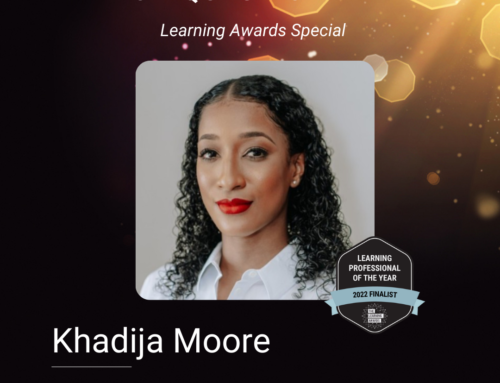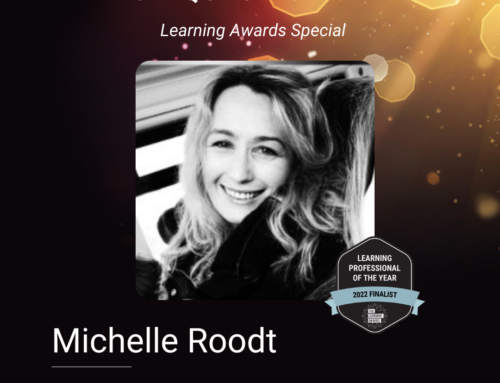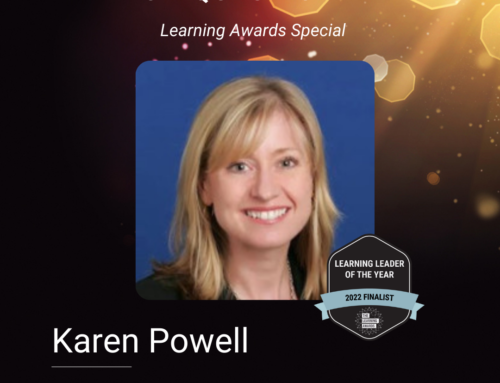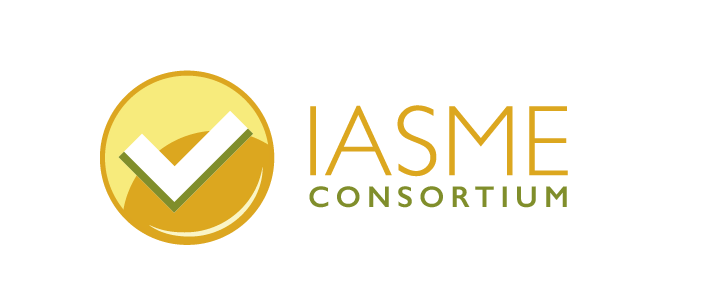With the recent announcement of the finalists of the 2020 Learning Awards, we continue this series of the L&D QuestionTime where we hear from this years finalists.
Today we hear from James Hampton shortlisted in the Learning Leader of The Year category.
In your opinion what is the biggest anxiety within the world of learning and development at the moment?
For me I think L&D gets too caught up with trying to prove their worth in a business and I think it can be distracting. I can see why this causes anxiety, but I personally don’t experience having to focus on this. This doesn’t mean we don’t measure the work we do but we focus on helping the business to be successful and ensure that all the work we do is aligned to bigger business goals. There is no better proof of value than customer satisfaction, employee engagement and of course in the retail world that we work in, sales. If you can demonstrate value here, you don’t really have to even start with ROI. We also look at ways to improve general wellbeing by creating workplace experiences that connect to their own personal values and motivators in workspaces that are flexible and support good work. If we get bogged down in just learning, we miss a whole range of other things we can support and improve.
Who or what is informing your thinking around L&D?
At the beginning of 2019 I started a MSc in Management & Leadership, a bit like an MBA. This is really changing the way I think about L&D. I’m a big believer that L&D needs to be business aligned and this course is challenging me to think wider than my L&D specialism. In particular I’ve been thrown into writing reports on sustainability and operations which has really helped me support performance for the teams working in these areas and given me greater insight into the work they do. It has also helped me to get further away from the order taker and really begin to performance consult for real solutions. I have the pleasure of an hour drive each way for work so make the most of podcasts and audio books. David James’s ‘L&D podcast’ and Bruce Daisly’s ‘Eat, Sleep, work, repeat’ are my current two favourites and I’m listening to ‘Flat, fluid, fast’ by Brynne Kennedy on Audible at the moment which is all about talent mobility and employee engagement.
What is the most exciting innovation on the horizon for learning?
I’ll be honest, I’m struggling with this question. I’m not sure I see a great deal of innovation for learning. Yes, there are chat bots, VR, AR and all the other tech but I’m not sure it is ‘learning’ innovation as such. During the most recent learning technologies conference I saw a lot of vendors doing variations of the same thing and jumping on the latest buzz words to promote them. This isn’t really what I would call innovation.
It might be controversial, but the apprenticeship levy has been learning innovation for us. More and more of our people are taking them on and all of the L&D team, including me, are apprentices. I’d love to see this go further and fund more learning in the workplace not just academic qualifications and I’d love to be able to share our pot with disadvantaged groups not yet in work so that they too can have a future. It ensures that all can access workplace learning. There is work to do to make sure it works really well, but for us it is a step in the right direction.
What “game changers” would you like to see and why?
I would really like to see a change in the education curriculum, this would be game changing. Many of the reasons we still go back to classroom delivery in L&D is because our education sector still teaches that way. When school leavers or graduates enter the workplace, they are trained to be told what to learn and then some struggle to think for themselves. This doesn’t set up the future work force to be self-directed or enable learning organisations. It also doesn’t take into account the changing world or build the emotional intelligence and resilience required for the modern workplace.
What do you think the world of L&D will look like by 2030?
For me L&D will increasingly be human centred. The increase in automation and digital will be a thing but I feel that will force L&D to be even more focussed on the humans in our workplaces. Work will increasingly be remote and results driven rather than office based so L&D in house is likely to look even more like a performance consultancy, partnering with business on projects.
What advice would you give your 21 year old self?
Invest your money in something other than beer.
Connect with James on LinkedIn









Leave A Comment